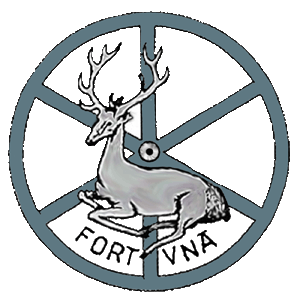The John Gower Society is seeking proposals for two sponsored sessions at the 55th International Congress of Medieval Studies in Kalamazoo, MI (May 7-10).
Send single-page abstracts of the proposed paper and a completed Participant Information Form by Sept 15 to: Brian Gastle, Western Carolina Univ. Dept. of English, 305 Coulter Hall, Cullowhee, NC 28723 (bgastle@wcu.edu)
1. Gower’s Spaces
Critical work on John Gower in recent years has sought to move him out of his traditional categorization as a poet of the political moment, commenting on events of his day often with a critical eye, and more toward understanding Gower as a poet who is responding as much to space as to time. Gower’s construction of place and space, such as the barge traveling down the Thames that he shares with Richard II, reflects a highly cognitive relationship to the literary construction of fictive locations in which he situates narratives. Papers in this panel can address such subjects as Gower and the idea of the City of London; imaginative spaces of romance; the intersection of status and space; “safe” spaces versus “dangerous” spaces; the shape of boundaries (real or imagined), publics, counterpublics, and liminal spaces; gendered spaces; the affective attachments of space; spaces of performance, spectacle, and ritual; the spatial and rhetorical act of memory creation and evocation; etc.
2. French Gower – Gower’s French
Part of John Gower’s importance lies in the fact that he wrote extensively in French, Latin, and Middle English. Gower’s French, a mixture of Anglo-Norman and Continental, speaks to the multilingual culture of not only England, but Europe generally. As Tim Machan puts it, “the domains of French in England were consequential and prestigious but limited in their number and speakers, and this status is reflected in the development of a grammatically distinct Anglo-French that sometimes became the object of Continental ridicule. Living where and when he did, Gower produced a French that embodies the arc of this history.” The majority of Gower scholarship has focused on Gower’s Middle English writings (as a representative English poet), or upon his Latin texts (as a scholastic author embedded in the classical tradition), or upon an understanding of Gower as a trilingual poet. This panel seeks to examine Gower as a “French” poet, as a writer embedded in the French tradition, shaping the development of French and Anglo-Norman in England and elsewhere. Proposals are encouraged to consider his linguistic, cultural, and artistic debt to and interaction with French authors, texts, forms, and linguistic characteristics.
